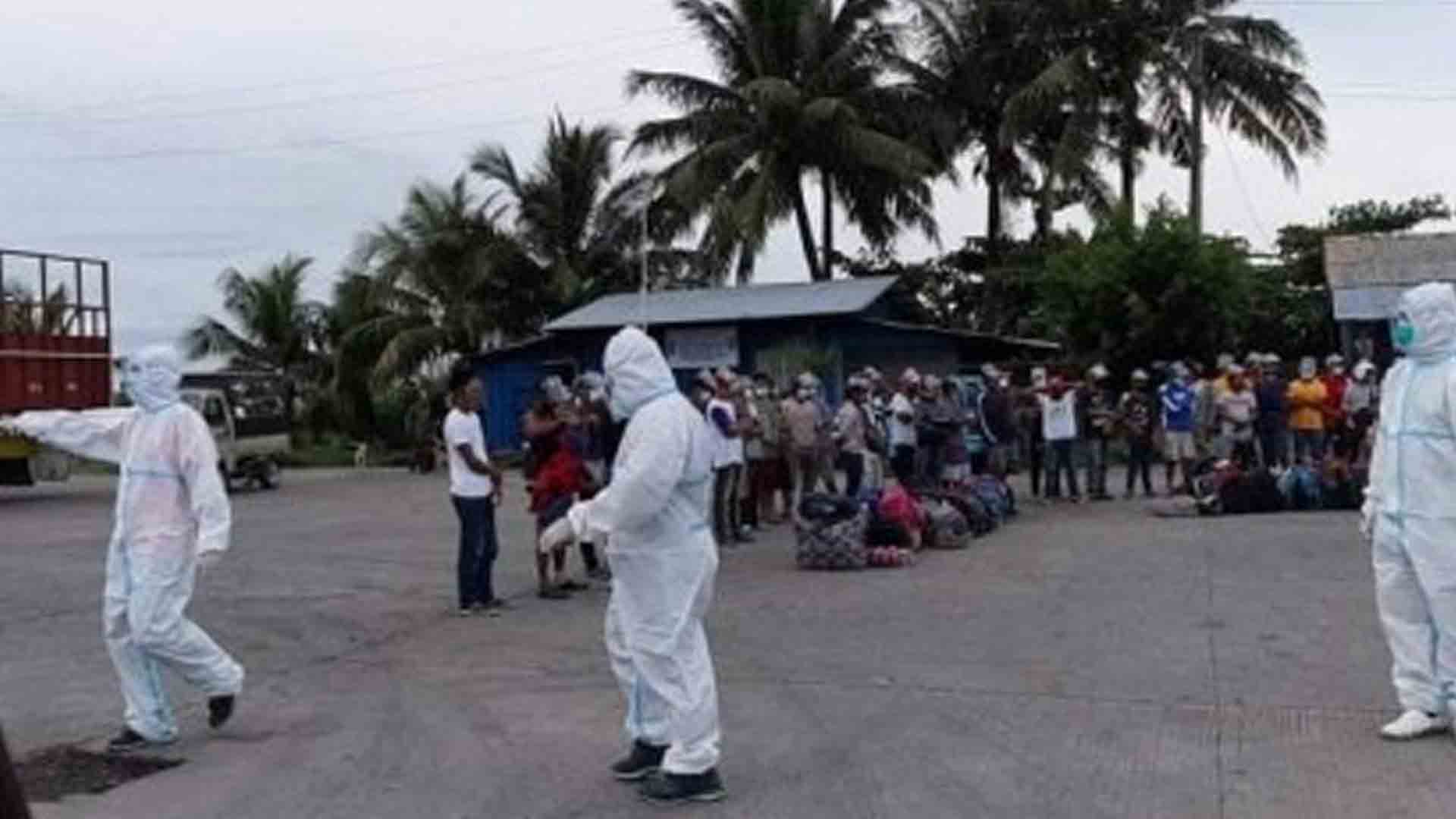Some 300 sugarcane migratory workers from Antique arrived in Negros Occidental on Friday to work in plantations in the southern part of the province, following the start of the milling season last month.
The workers, also known as “sacadas”, who arrived at the Bredco Port here after boarding a roll-on, roll-off vessel from Dumangas, Iloilo, were fetched by mini-buses going to Kabankalan City.
“They will all be quarantined and will undergo strict health protocols before they will be allowed to work,” the provincial government said in reporting their arrival.
At least 5,000 cane cutters from Antique are working in sugarcane plantations in Negros Occidental, the country’s top sugar-producing province.
In August, Governor Eugenio Jose Lacson issued guidelines sent to all planters’ associations, requesting them to submit a list of migratory workers they require for the coming crop year.
They were told to include pertinent information, such as Philippine Health Insurance Corp. (PhilHealth) registration of workers, place of assignment, and preferred date of transport to Negros Occidental.
The arriving workers were also required to undergo a reverse transcription – polymerase chain reaction (RT-PCR) test for the coronavirus disease 2019 (Covid-19).
PhilHealth members can charge their testing fee to the agency while planters who will employ those not covered by health insurance are required to pay a deposit of PHP1,500 per worker to his association.
The amount will be remitted to the provincial government to help cover the cost of testing.
Planters are required to provide transportation for their farmworkers from the port of disembarkation to their quarters on the farm, which will serve as a quarantine facility.
The workers must undergo mandatory quarantine until their RT-PCR results are released and those who will test positive will immediately be transferred to the provincial quarantine facility. (PNA)







